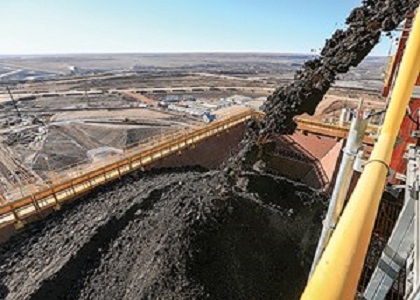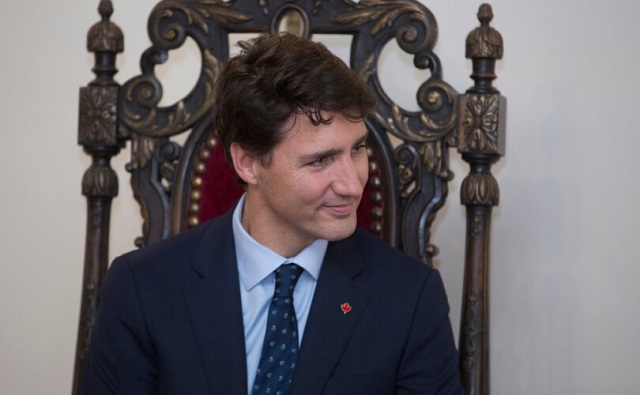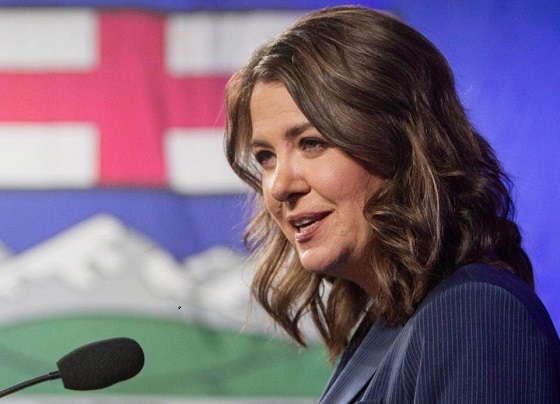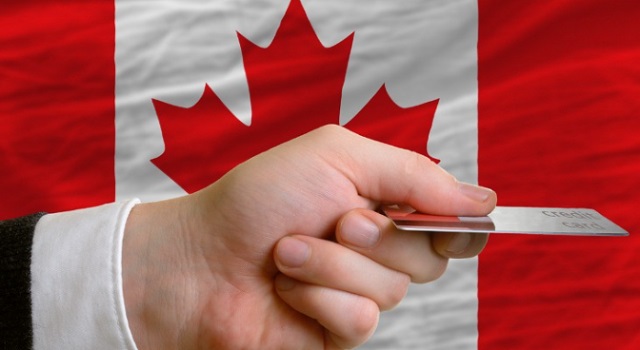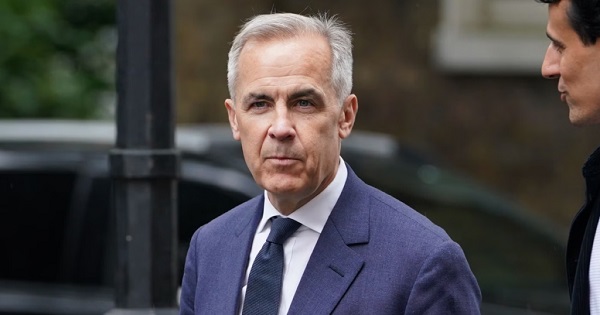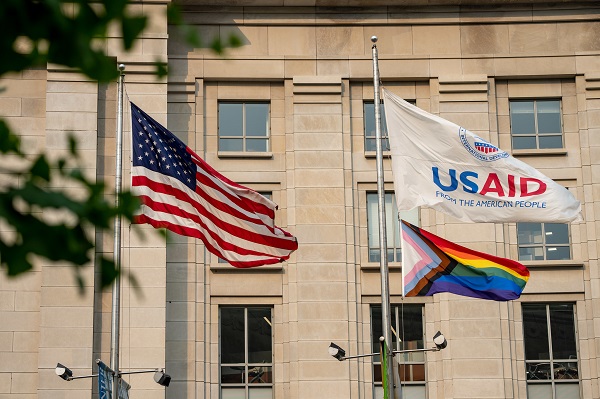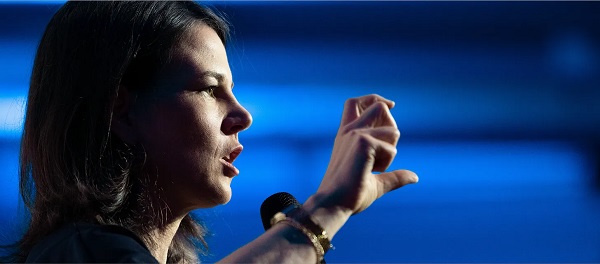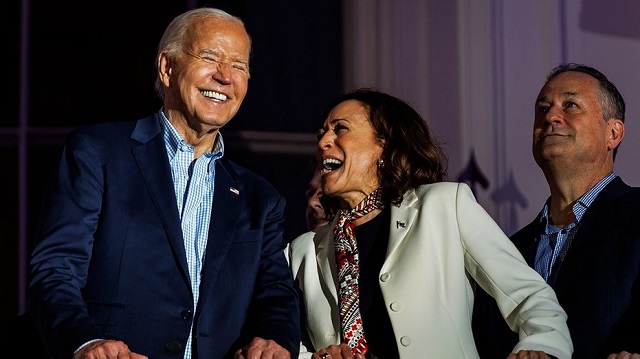EDMONTON: The University of Alberta Hospital has threatened to take a terminally ill 56-year-old woman off of a donor list for a lung transplant because she has chosen not to receive the new Covid-19 vaccine. The Justice Centre for Constitutional Freedoms represents Annette Lewis, who has idiopathic pulmonary fibrosis, a terminal condition affecting both of her lungs. Ms. Lewis has been suffering with the illness for over two and a half years and waiting for a transplant for over one year. Just two months ago, her lung capacity was at just 40%. Without this transplant, Ms. Lewis will die.
Ms. Lewis provided the Justice Centre with an extended recording (condensed here to include only the discussion about the vaccine) in which a member of the lung transplant team told Ms. Lewis she will be removed from the transplant list if she refuses the shot. (Her oxygen machine which helps her to breathe can be heard in the background.) Below are excerpts from her conversation with the doctor (at minutes 10:15-11:23):
Doctor: “All of our pre-transplant patients are going to be required to have the Covid vaccine.”
Annette: “…if I don’t take the vaccine then I go off the donor list, is that what you mean?”
Doctor: “Yeah.”
Annette: “…wow…that’s pretty scary.”
Doctor: “Yeah.”
Annette: “If I don’t get the vaccine, I’m not going to get the transplant, and we all know what the end result of that is for me.”
Doctor: “Yeah.”
Annette: “It’s damned if you do and damned if you don’t in my case.”
Doctor: “Yes.”
Ms. Lewis shared her concerns with the transplant team that, while she has received all other childhood vaccinations again, as per the Lung Transplant Program team’s request, she does not want to receive the experimental Covid vaccine at this time. She does not wish to participate in a new experimental treatment, which is known to have sometimes serious side effects, including permanent disability and death.
Ms. Lewis outlined a number of considerations in her decision to forego receiving the Covid vaccine at this time including:
- The vaccines have not been fully authorized by Health Canada. They are being used under “Interim Authorization” in Canada, with human clinical trials continuing until 2023.
- Covid vaccines have caused notable side effects, including nearly 7,000 reported deaths between December 2020 and June 2021, according to the US Vaccine Adverse Events Reporting System (VAERS).
- Health Canada has placed warning labels on the Covid vaccines for adverse events such as blood clotting, myocarditis, pericarditis, and Bell’s Palsy.
- Finally, informed consent is the standard for all medical interventions. The FDA factsheet for the healthcare provider reads, “The recipient or their caregiver has the option to accept or refuse (Pfizer-BioNTech) vaccine.”
Ms. Lewis notes that the Nuremburg Code, which was enacted after WWII following coercive and forced experimentation on captives by German military officials, requires patients to be able to “exercise free power of choice, without the intervention of any element of force.”
In a follow up letter dated August 9, 2021, the Hospital advised Ms. Lewis she will not get her transplant without the vaccine. That information was confirmed again in a subsequent telephone conversation that Ms. Lewis had with a member of the Lung Transplant Program team on September 2, 2021, wherein Ms. Lewis was told that she is “number two” on the donor recipient list, but would need to get the Covid-19 vaccines in order to get her transplant.
On September 2, 2021, the Justice Centre wrote a legal demand letter to Dr. Rhea Varughese, Assistant Professor at the Lung Transplant Program at the University of Alberta, regarding the program’s decision to require all patients waiting for a double-lung transplant to submit to the Covid vaccine.
The Justice Centre has demanded that the Lung Transplant Program team at the University of Alberta Hospital provide confirmation within seven days that Ms. Lewis is exempt from any requirement for a Covid-19 vaccine and will remain on the double lung transplant list.
“The hospital’s conduct in making an ultimatum of this nature to a terminally ill patient is coercive and unethical. Threatening a patient’s access to life-saving medical treatment for not participating in an experimental treatment for a condition she does not have and may never get is a profound violation of Ms. Lewis’ human dignity, personal autonomy, and her constitutionally protected right to life, liberty and security of the person,” says Allison Pejovic, a Justice Centre Staff Lawyer.
“If Ms. Lewis is removed from the transplant list she will die. This is a gross violation of her freedom of choice. Having to choose between taking an experimental vaccine that she does not want, or certain death, is not a choice,” Ms. Pejovic concludes.

